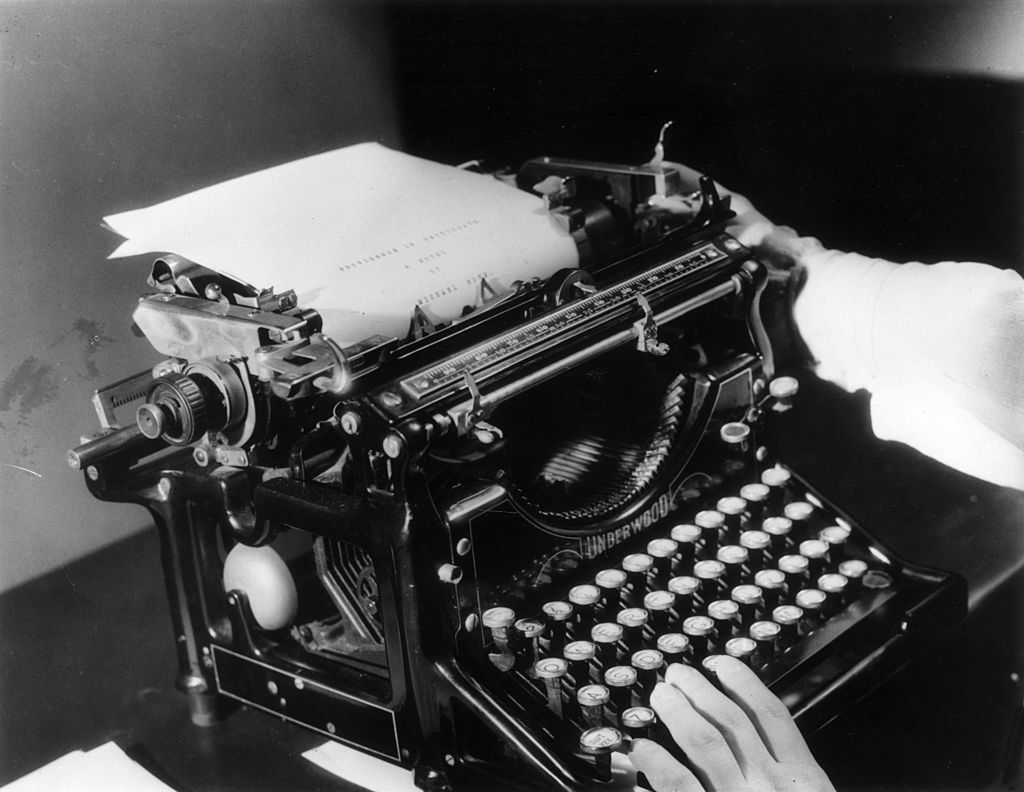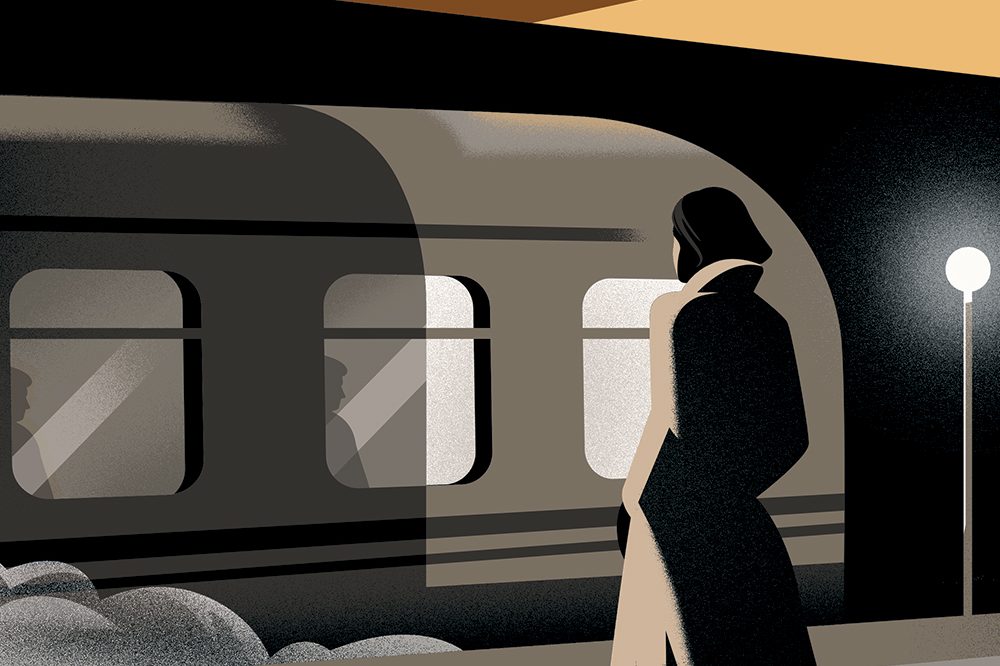My London agent calls to break the news gently. “Your book is dead. I can’t sell it. Sorry. But you do have the most fabulous collection of rejections from publishers I’ve ever read.”
“Really? Can you get me a book deal for a book of my book rejections? Failure is a hot topic now.”
“You’re funny…”
“Thanks.”
“…but not commercial. Still, there is some good news.”
“Really?”
“I’ve sold your ex-wife’s new book for a huge advance!”
My ex-wife and I have the same agent so I’m well practiced in the art of the fake congratulation. It’s what we men do, our equivalent of the fake orgasm.
“That’s such wonderful news!”
Two weeks later, more failure. I’ve been writing a TV series about writers in the 1970s for the past two years. I showed it to someone in the industry.
“Good news!” he said. “You’ve got a really good idea there.”
“And the bad news?”
“You’ll never get it made. Too niche. Too expensive.”
The terrible thing is, I know he’s right. He suggests that I try and turn it into a novel. No way, I say. I have some pride left. I’m not going to be one of those sad old guys with a novel they can’t get published.
Actually, I already have an unpublished novel. Two of them. And a collection of short stories. And a volume of essays. Plus a half-written memoir — all of which could not find a publisher. But do I whine about it? No. (Except in public.) Do I let my failure get me down? Yes, and I wouldn’t have it any other way. I prefer to take my failure like a man. I crawl under the duvet and wallow in the fog of self-pity for a week or two.
These days, no one is allowed to feel like a proper failure. A female friend has been sending me “inspiring” quotes on failure that tell me to see failure as a positive, learning, life-enhancing experience.
“Make failure your friend,” she says.
“I should make you my ex-friend for saying that!”
My one male friend asks, “I thought you were into all the Seneca and Marcus Aurelius Stoic stuff, so why so down?”
He’s right. But everyone is a wise stoic, indifferent to the capricious fates, until their dream gets dumped on. Failure is not a learning experience; it’s a humiliating and hurtful experience. And it’s meant to be. Success wouldn’t be so wonderful if failure wasn’t so terrible.
We don’t want anything to really hurt anymore — death, grief, love, sickness, failure. Every tragedy in modern life has to end not in tears but triumph. These days you couldn’t write a play like Arthur Miller’s Death of a Salesman. We wouldn’t allow Willy Loman to feel like a failure. You’d have to call it Rebirth of a Salesman. Or think about that great line from Beck’s song “Loser”: “I’m a loser baby, so why don’t you kill me?” Today it would have to be, “I’m a loser baby, so why don’t you praise me?”
The great thing about Americans is that they’ve never been embarrassed about success. Pursuing it and enjoying it is what fuels the American dream. England’s cultural elite like to pretend they’re above such vulgar considerations. For them failure is a badge of honor. On podcasts and blogs, very successful people like to share their tales of failure. It’s a way of showing that you’re not one of the pampered and privileged. You’ve paid your dues so you deserve your presentday success.
We enlightened people are supposed to see through the illusion of success and failure, and treat “those two impostors just the same,” as Kipling put it. He would say that: he was a winner, and all his novels got published. Personally, I’ll take the illusion of success anytime.
This article was originally published in The Spectator’s March 2022 World edition.

























